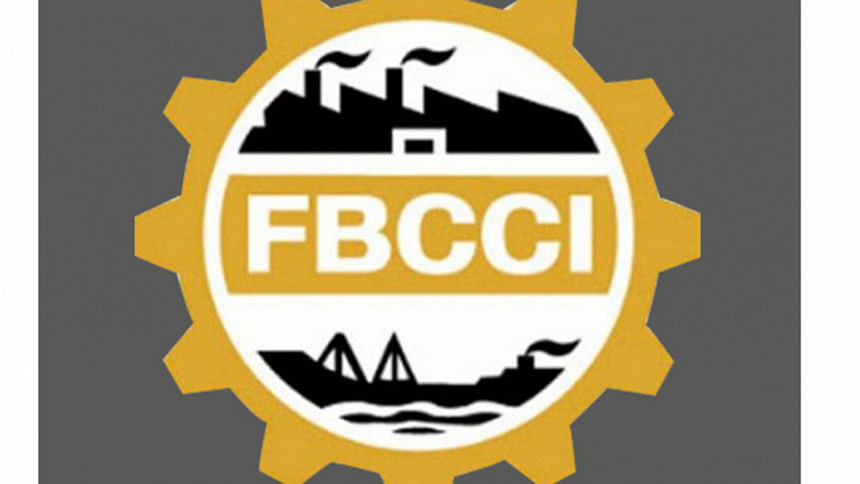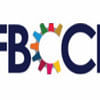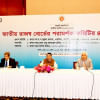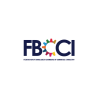Act tough against bank 'robbers'

The Federation of Bangladesh Chambers of Commerce and Industry (FBCCI) has finally demanded exemplary punishment of those who looted banks in recent times in the name of loans.
“It was no less than a robbery,” said Shafiul Islam Mohiuddin, president of the country's apex trade body. “I can assure you that the FBCCI will not lobby to save the culprits who are involved in robbing banks.”
He said this at a press conference on the proposed budget for 2018-19 at the FBCCI. Finance Minster AMA Muhith presented the budget on Thursday.
Mohiuddin named two banks -- BASIC and Farmers -- that according to him were robbed.
Bangladesh's banking sector, comprising 57 banks, has been going through a tough time in recent months. Non-performing loans (NPL) in the banking sector stood at Tk 88,589 crore or 10.78 percent of the total outstanding loans.
The chronic inefficiency and mismanagement in state banks have now been seen in private banks too. Even some first-generation banks are in serious trouble, including liquidity crisis.
The probes into some of the scams that have plagued BASIC and Farmers banks have not gone well to say the least. Even the High Court called in the Anti-Corruption Commission investigators of BASIC Bank scams last month and reprimanded them.
“We have to cover our faces with black cloth in shame ...” an HC judge said.
According to a Bangladesh Bank enquiry, around Tk 4,500 crore was siphoned out of BASIC Bank between 2009 and 2013 when Sheikh Abdul Hye Bacchu chaired the board of the bank.
However, the FBCCI president yesterday identified two reasons for rising NPLs.
Businesses, who borrow from banks, often get into trouble for political reason or for other man-made reasons. Banks should help those businesses as they have valid grounds, he said.
But there is another group of people who become defaulters intentionally and he termed this group “robbers”.
The finance ministry and the Bangladesh Bank could think about mergers and acquisitions of troubled banks to restore the confidence of people in banks and businesses, he said.
The chief of the apex trade body also welcomed the formation a much-talked about commission for supervising the banking sector. “However, the commission must be functional,” he said.
Mohiuddin also said it was a good sign that even former parliamentarians and ministers were under trial for their misdeeds. He said in no way they want people's money to be robbed by anyone.
He said the proposed budget was investment friendly to a great extent. “But due to the lack of our managerial capacity, we cannot implement the budget smoothly,” he said.
Citing the proposal to reduce 2.5 percent corporate tax for the banking sector and other financial institutions, Mohiuddin urged the government to reduce the same for other sectors.
“Sound and strong monitoring from the beginning of the year is necessary in order to implement the proposed budget,” Mohiuddin said, adding that transparency and accountability were of maximum importance.
Responding to a question about possible political turmoil ahead, he said businessmen do not want the political environment to interfere in their businesses.
He urged the government to ensure timely implementation of projects as the costs escalate exorbitantly for delays.
The FBCCI demanded that interest rates be lowered to single digits and an investment-friendly business environment is created for attracting more domestic and foreign direct investments. Uninterrupted power supply and development of economic zones were also demanded.
He said the cost of doing business would go down if the budget was implemented. “We will get a lot of benefits if the proposed budget is implemented.”
Mohiuddin, however, vouched for removal of the 1 percent import tariff and demanded lowering the corporate tax for garment factories to 12 percent and Green garment factories to 10 percent.
The FBCCI president also demanded that the source tax on exports be kept at .7 percent, which was hiked to 1 percent in the proposed budget.
The FBCCI demanded increasing the tax-free income limit of individuals to Tk 3 lakh.

 For all latest news, follow The Daily Star's Google News channel.
For all latest news, follow The Daily Star's Google News channel. 








Comments